
This Is What Happens to Your Body the Day You Stop Eating Bread
This Is What Happens to Your Body the Day You Stop Eating Bread
Bread has long been a staple of the Western diet. Whether it’s a warm baguette on a restaurant table, a sandwich for lunch, or toast in the morning, bread seems to find its way into almost every meal. Globally, it supplies nearly 20 percent of the total food calories consumed each day.
And while there’s nothing wrong with occasionally enjoying homemade or whole-grain bread, most processed breads found in stores and restaurants are far from healthy. They’re often packed with refined flour, preservatives, added sugar, and chemical conditioners that make them soft and shelf-stable — but not necessarily good for your body.
If you find yourself eating bread at most meals, try cutting it out for just a week — or better yet, for a full month. Many people notice that they feel less bloated, more energetic, and mentally clearer almost immediately. Here’s what happens when you stop eating bread and how it can transform your health.
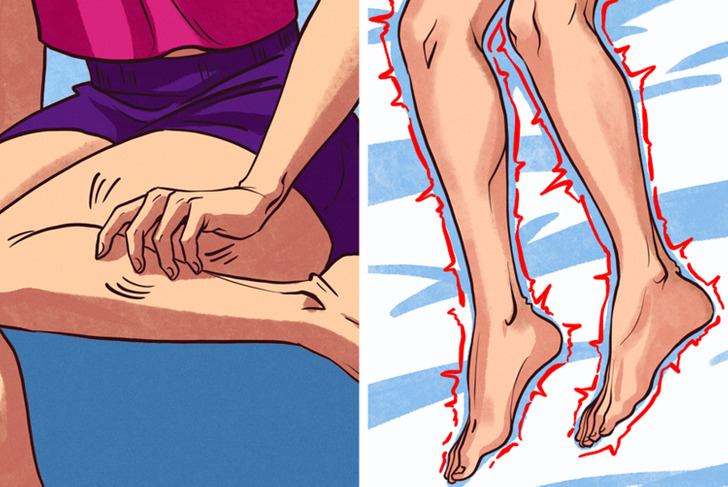
1. You May Lose Weight More Easily
One of the first things people notice after giving up bread is weight loss — especially around the midsection.
This happens for two main reasons:
-
Reduced refined carbs: Processed bread is loaded with refined carbohydrates that your body digests rapidly, leading to quick spikes in blood sugar and insulin. This promotes fat storage, particularly visceral fat — the dangerous kind that surrounds your organs.
-
Less water retention: Each gram of carbohydrate binds to about 3–4 grams of water. When you reduce carb-heavy foods like bread, your body naturally sheds excess water weight, making you feel lighter and less bloated.
Even though some of the initial weight loss is water, cutting bread can help reset your metabolism and make it easier to maintain long-term fat loss.
2. You’ll Likely Feel an Energy Boost
If you often feel sluggish after meals, bread might be partly to blame. Wheat and other refined grains cause rapid fluctuations in blood sugar, giving you a temporary energy spike followed by a crash.
Furthermore, modern wheat is frequently treated with glyphosate, a chemical herbicide that can disrupt your gut lining and contribute to leaky gut syndrome. This condition allows toxins and undigested particles to enter the bloodstream, triggering inflammation and fatigue.
According to Dr. Alessio Fasano, Medical Director of the Center for Celiac Research at the University of Maryland, no human can fully digest gluten — the protein found in wheat, rye, and barley. Some people are more sensitive than others, but everyone’s gut reacts to it to some degree.
The compounds that make up gluten — gliadin and glutenin — can irritate your intestinal wall and overstimulate your immune system, causing tiredness, joint pain, and chronic inflammation. Removing gluten-containing bread often results in steadier energy levels and better focus throughout the day.
3. Your Digestion Will Likely Improve
Bread and other wheat-based products are among the most common foods that people find difficult to digest — even if they don’t have a formal allergy.
Dr. Isabel Skypala, PhD, a specialist allergy dietitian at the Royal Brompton and Harefield NHS Foundation Trust, explains:
“Probably one-third of patients in my allergy clinic complain of digestive symptoms such as bloating, diarrhoea, vomiting and stomach pain after eating bread. Some people find certain foods are simply hard to digest, and wheat appears to be one of those.”
Wheat sensitivity can trigger a wide range of gastrointestinal symptoms — from bloating and gas to stomach pain and loose stools. Those with Celiac disease, wheat allergy, or non-celiac gluten sensitivity experience even stronger reactions.
Additionally, wheat and other grains contain FODMAPs (fermentable carbohydrates) that can worsen irritable bowel syndrome (IBS). Eliminating bread can help ease abdominal discomfort and promote a calmer, more balanced digestive system.
4. Your Appetite Becomes More Stable
White and refined breads are made primarily from the starchy endosperm of wheat, stripped of the nutrient-rich bran and germ. As a result, they contain little fiber or protein — two nutrients crucial for keeping you full and satisfied.
When you eat bread, the lack of fiber means your blood sugar rises quickly and then drops sharply, causing sudden hunger and carb cravings soon after eating. This “roller coaster effect” can lead to overeating and energy crashes.
Once you remove bread from your diet, you’ll likely notice that your hunger levels become more balanced, and your cravings for sweets or snacks diminish. Replacing bread with whole, fiber-rich foods like oats, quinoa, sweet potatoes, or vegetables can help you feel fuller longer and maintain steady energy throughout the day.
The Bottom Line
Bread — especially the highly processed white varieties — may be convenient, but it can silently contribute to bloating, fatigue, weight gain, and digestive discomfort. Cutting it out, even temporarily, allows your body to reset and can reveal just how much better you feel without it.
Start small: try skipping bread for one week and notice how your energy, digestion, and mood respond. If you start feeling lighter and more focused, extend it to a month. Experiment with healthy alternatives like lettuce wraps, almond flour bread, quinoa bowls, or baked root vegetables.
Your body will thank you — and you might just find that life without bread feels lighter in more ways than one.
News in the same category

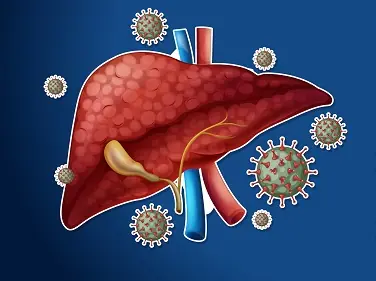
14 Symptoms of Liver Damage You Need to Know

Prepare Ginger This Way to Prevent Cancer, Reduce Cholesterol, and Lower Blood Sugar Levels

How to effectively cleanse your lungs in just 72 hours

Scientists find a berry that can combat cancer, diabetes, and obesity

Doctors reveal that consuming pumpkin causes in...
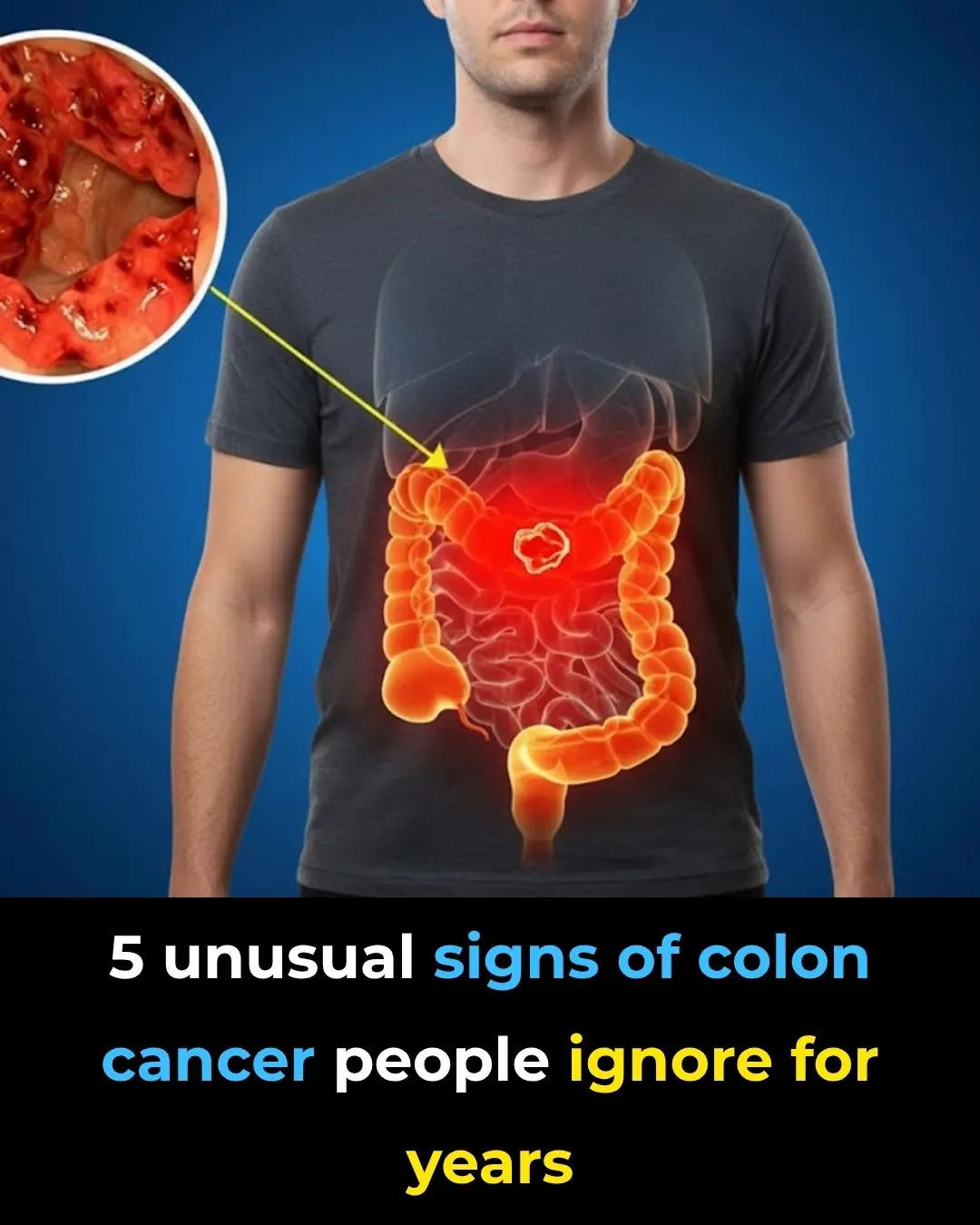
🚨 The Silent Danger: Early Signs and Prevention of Colorectal Cancer

The shocking truth about blocked arteries—it’s NOT just fatty foods!
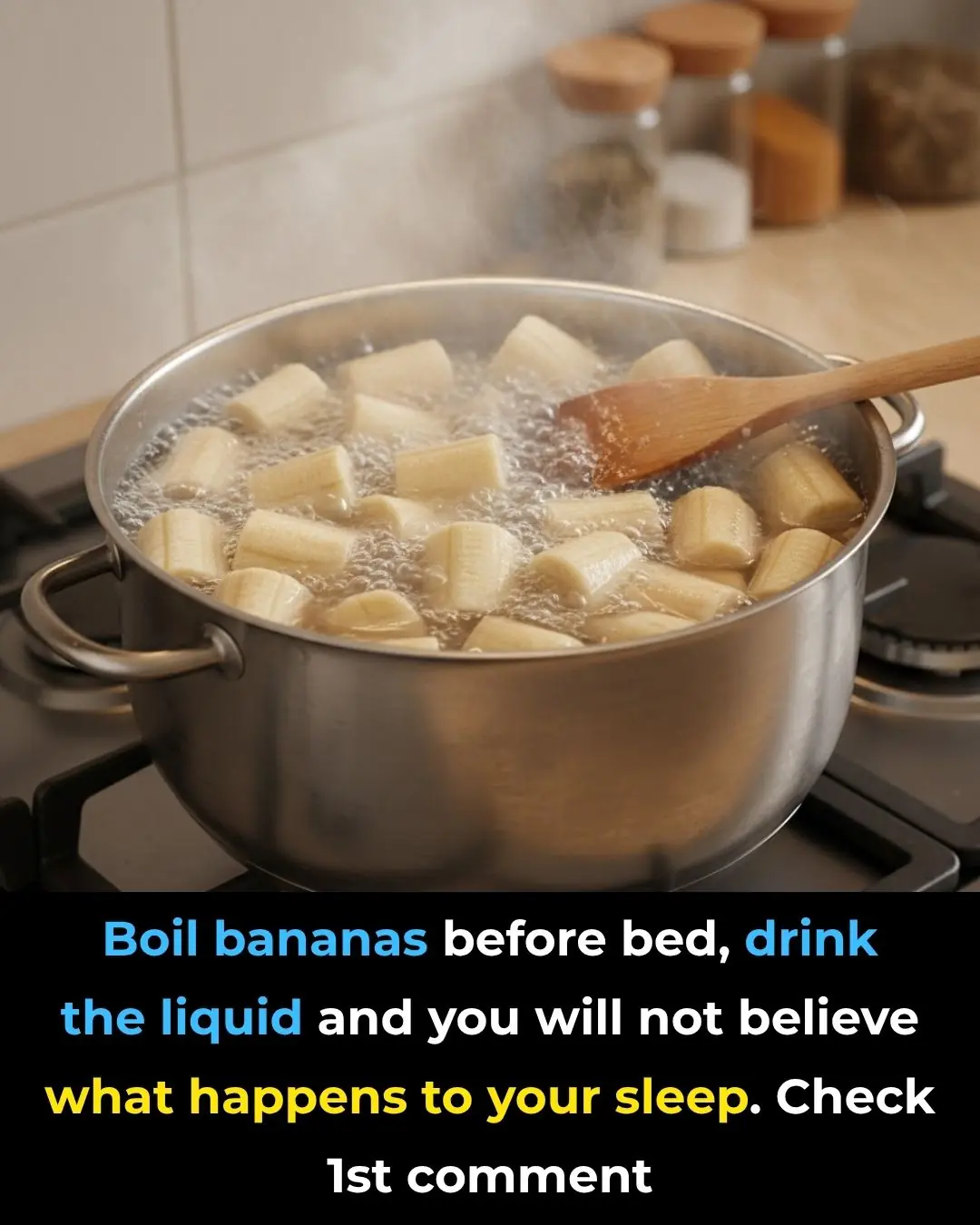
Boil bananas before bed, drink the liquid and you will not believe what happens to your sleep
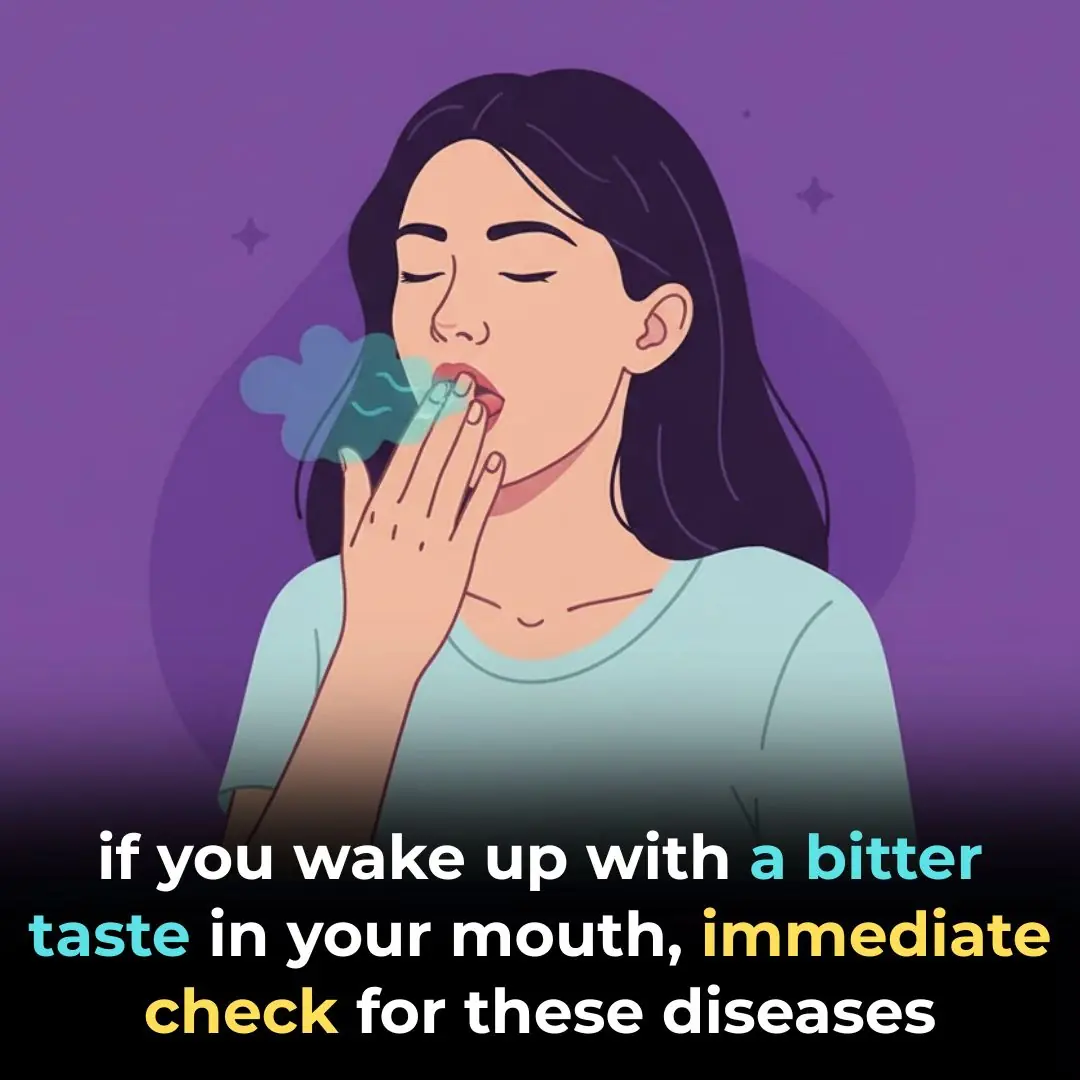
Bitter Taste In Your Mouth Discover Most Common Cause
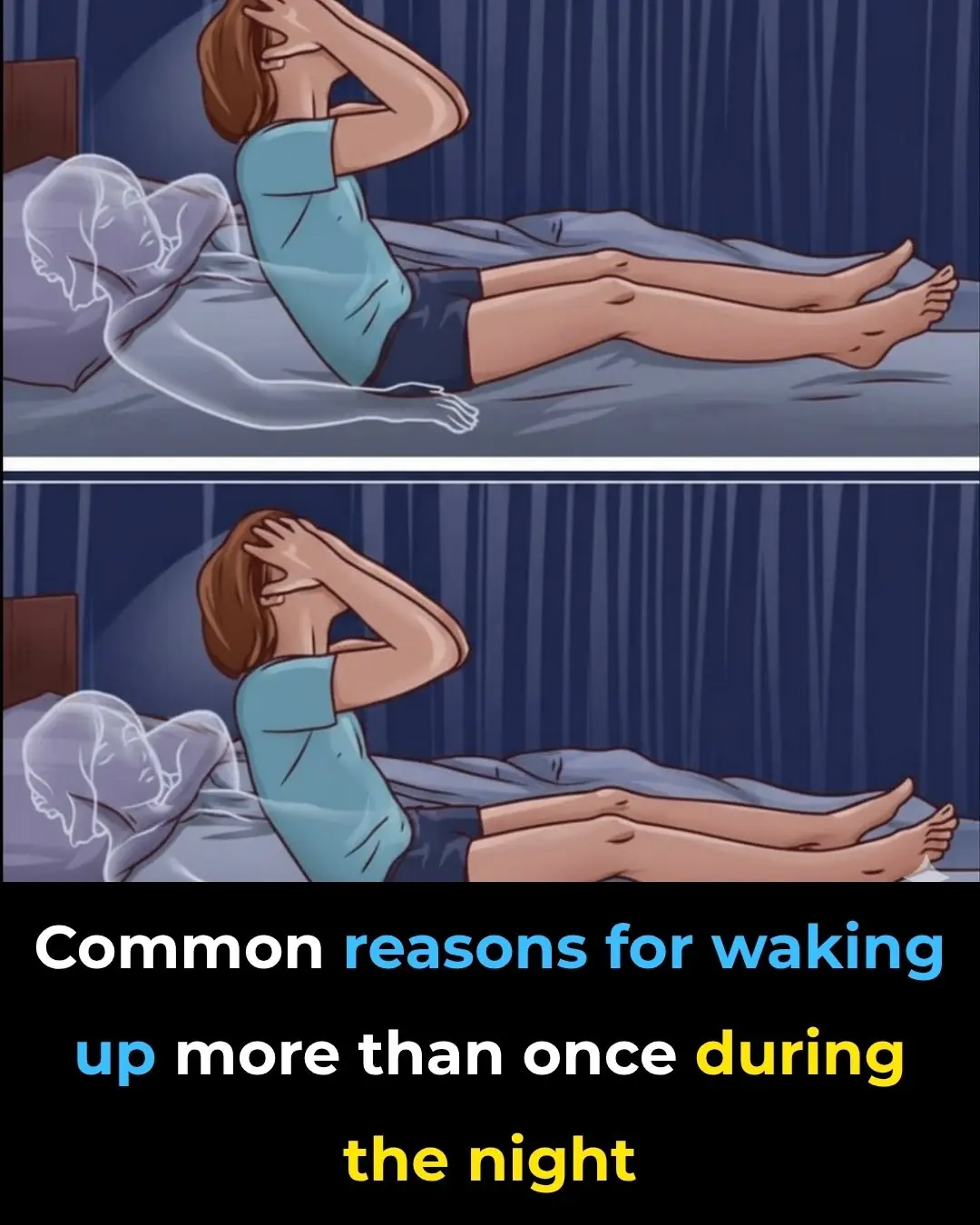
8 Common Reasons For Waking Up at Night
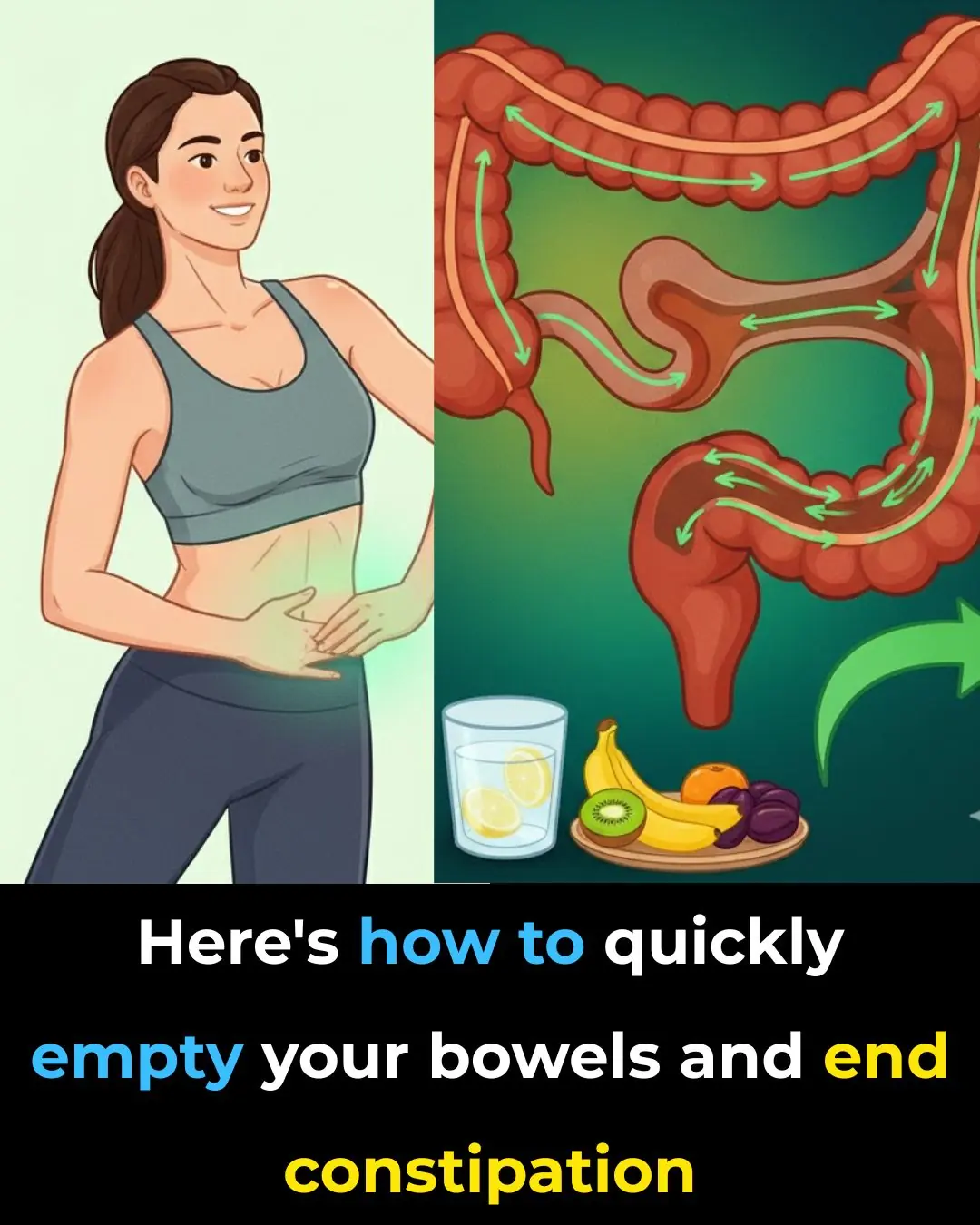
How to Get Rid of Constipation: The Best Home Remedies That Really Work
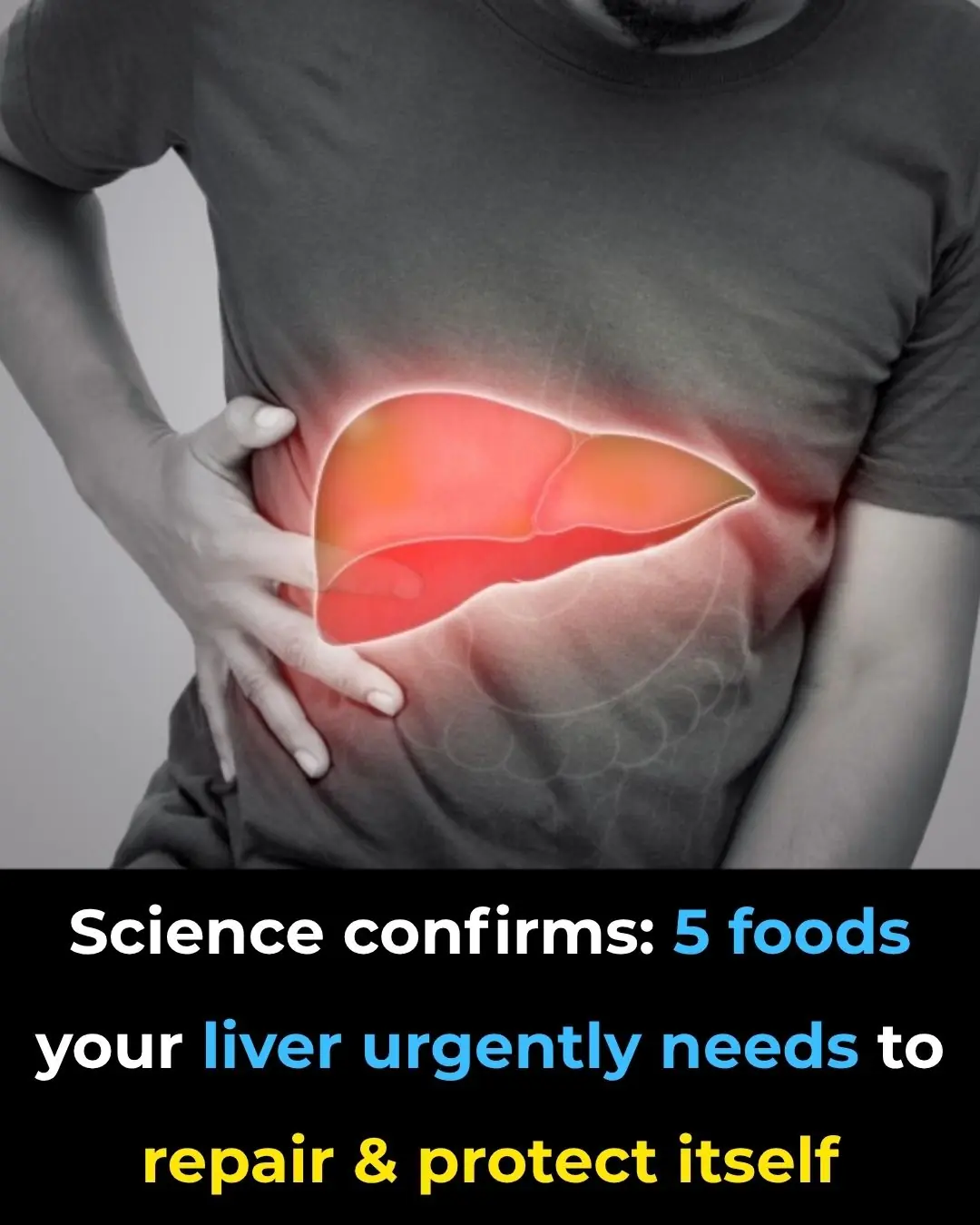
The Best Scientifically Proven Foods to Cleanse Your Liver
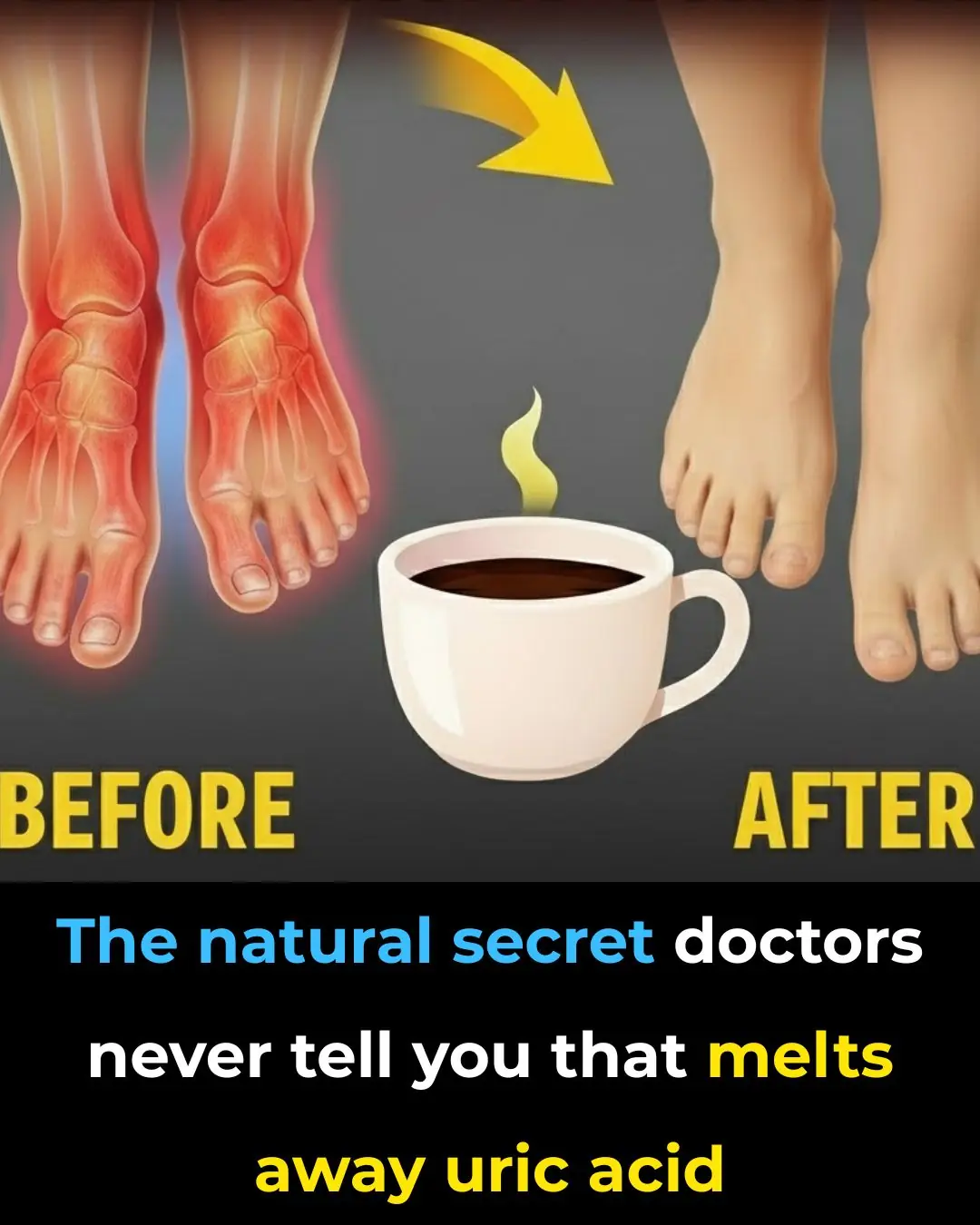
The Best Natural Gout Treatments: Remove Uric Acid Crystallization To Prevent Gout And Joint Pain
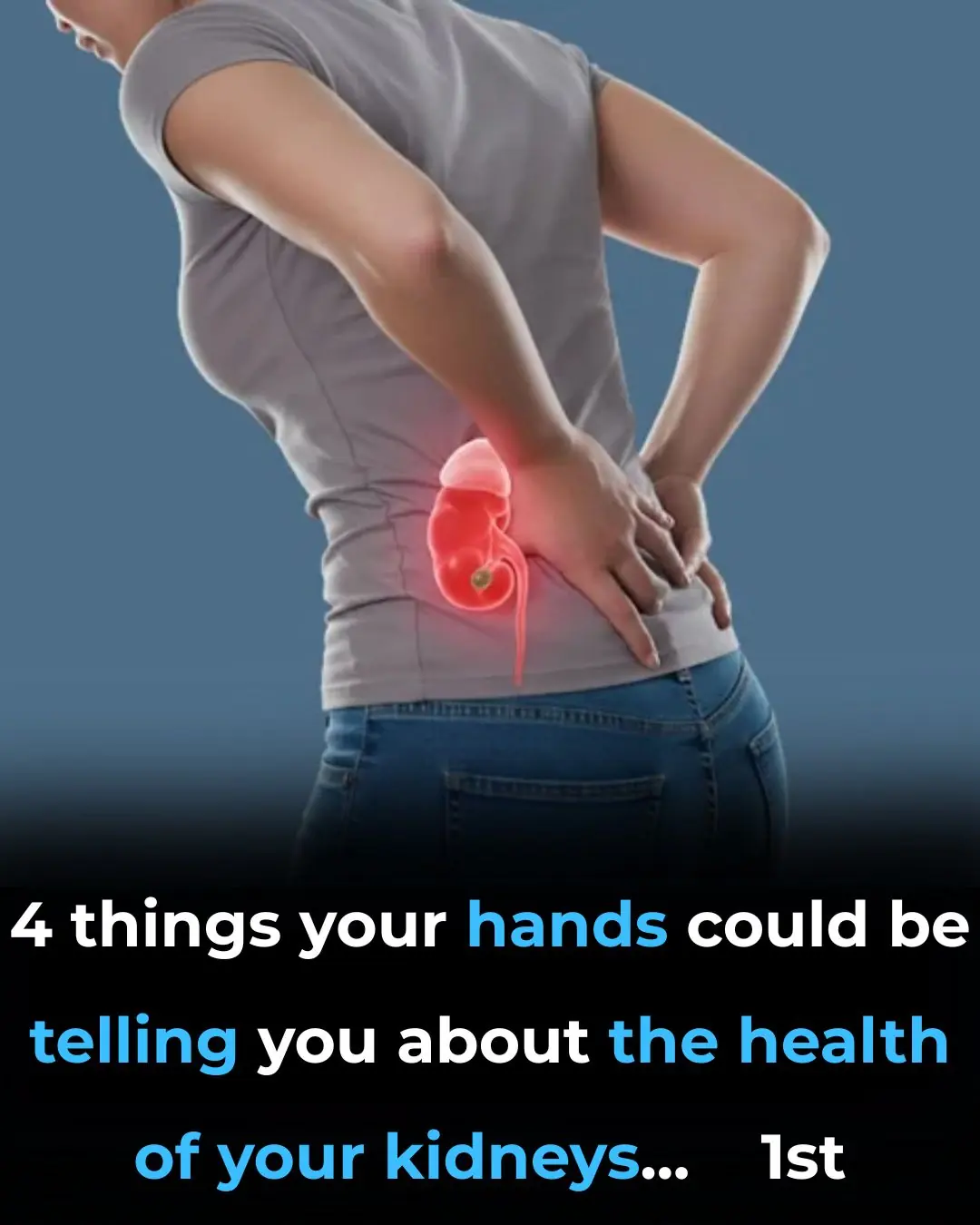
4 things your hands could be telling you about the health of your kidneys
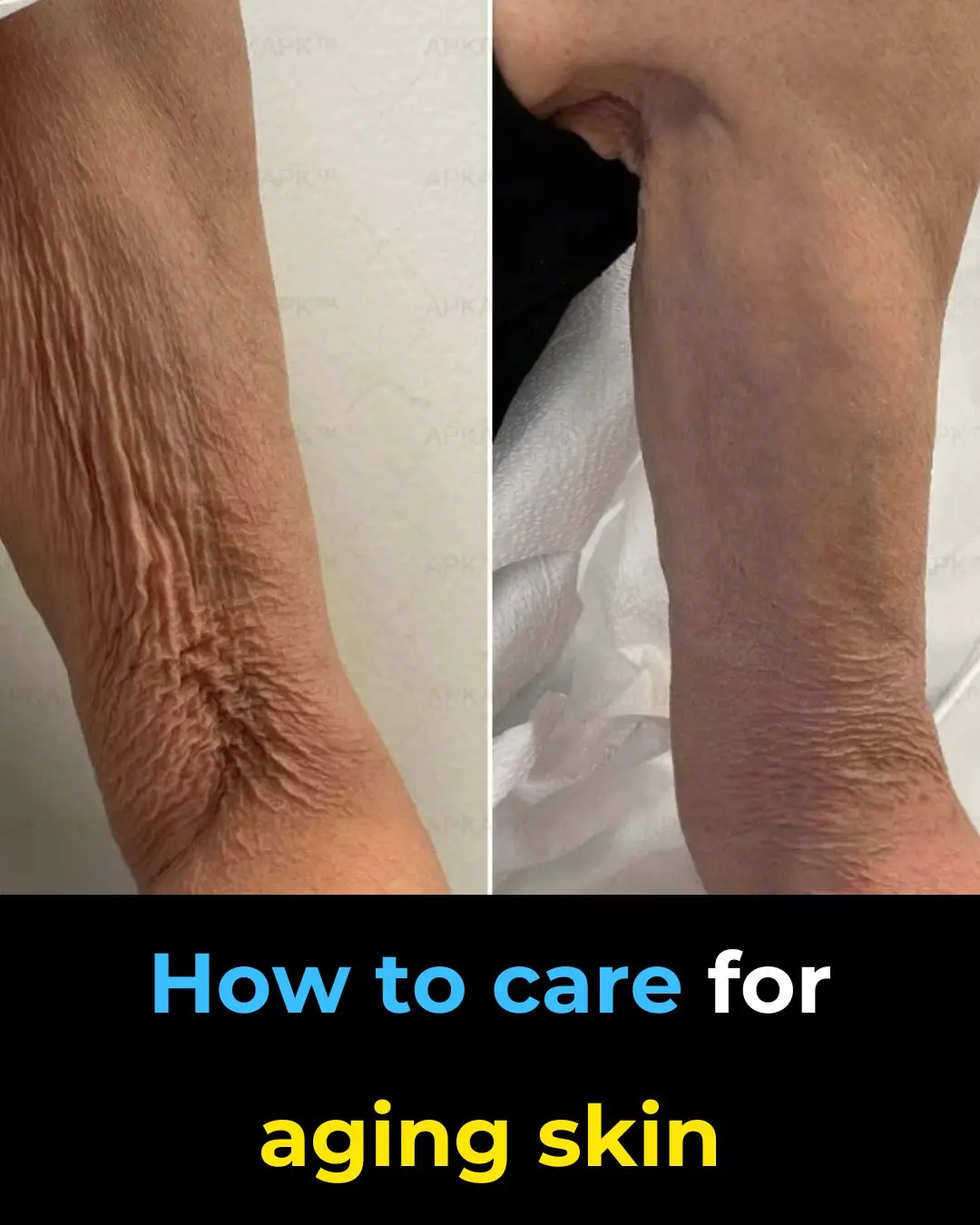
The Secret to Caring for Your Aging Skin – Gentle, Effective & Realistic
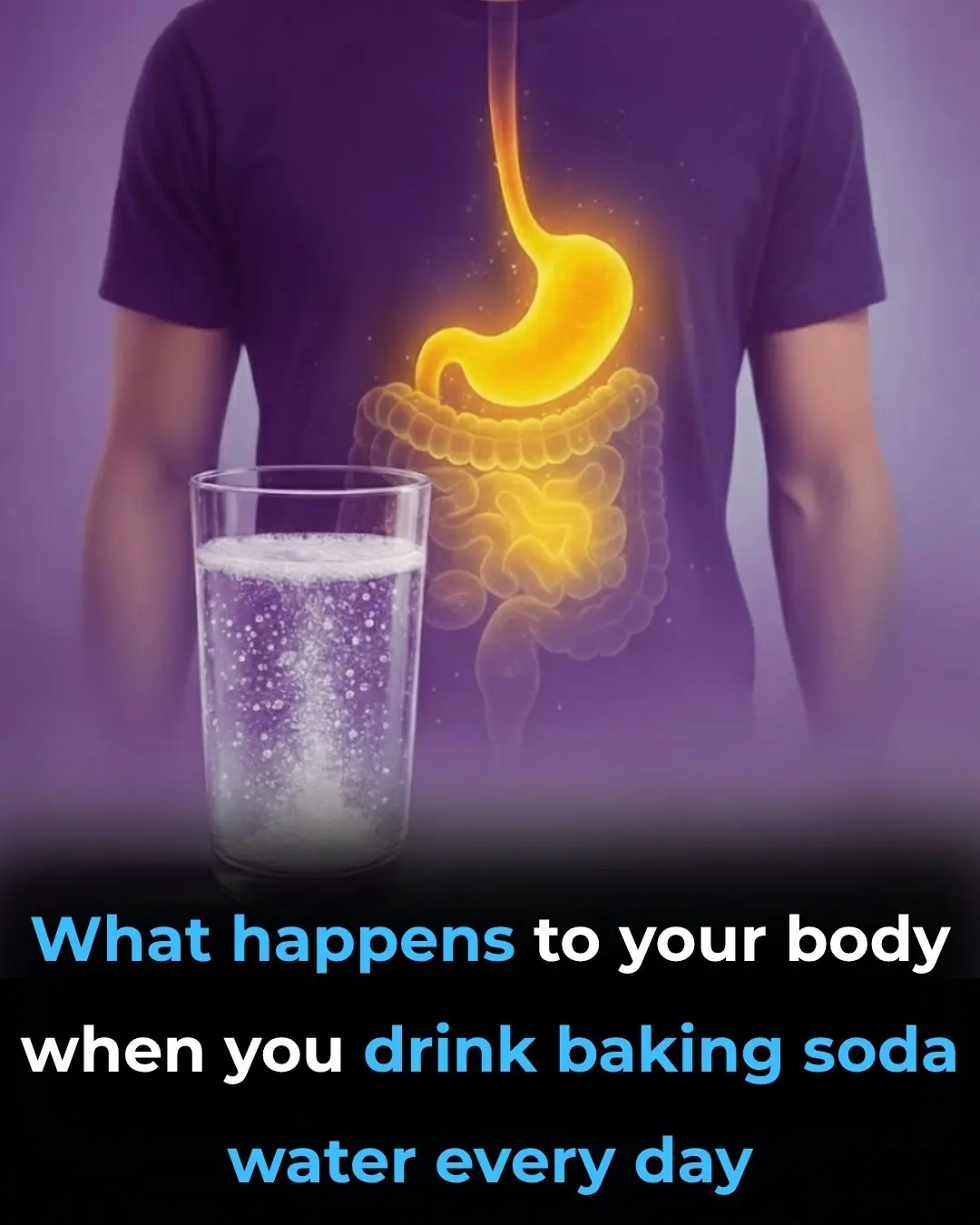
12 Amazing Benefits of Drinking Baking Soda Water Daily
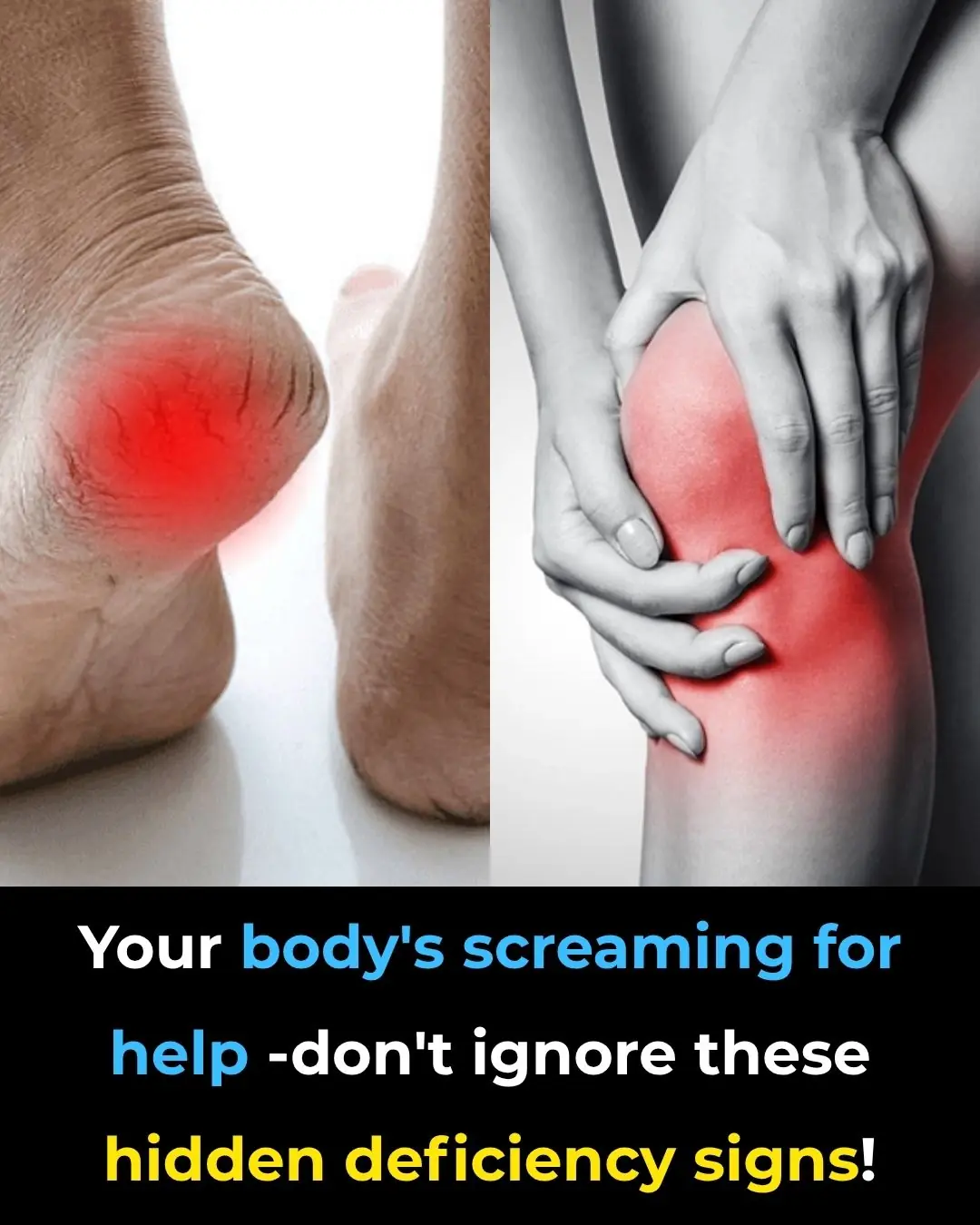
5 Deficiencies Almost Everyone Has (And Doesn’t Know About)
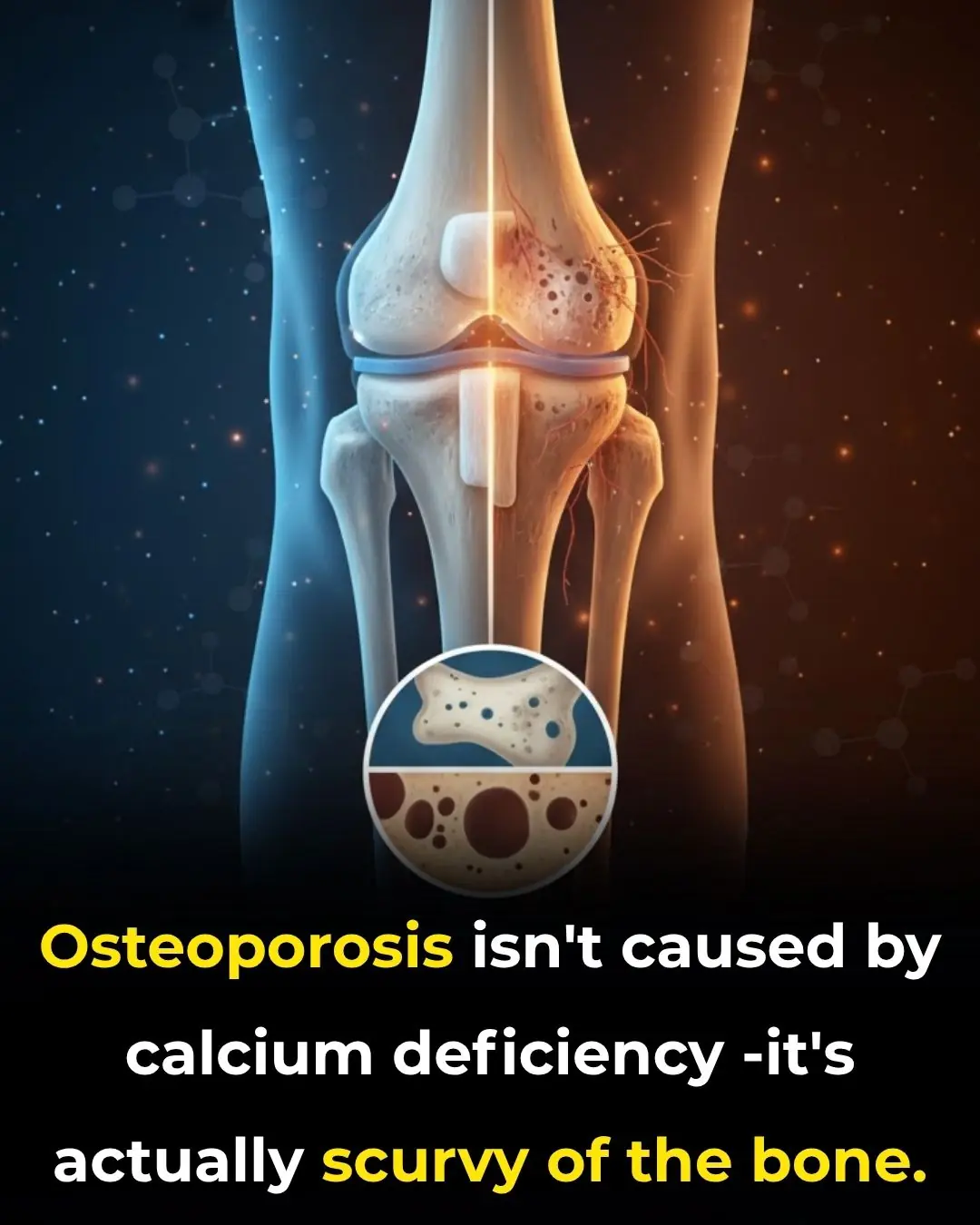
Osteoporosis Is Scurvy of the Bone, Not Calcium Deficiency
News Post

Honey, Lemon, Onion, Garlic & Ginger: The Daily Spoonful That Works Wonders

Mix Castor Oil and Rosemary — The 7-Day Results Will Surprise You

14 Symptoms of Liver Damage You Need to Know

Prepare Ginger This Way to Prevent Cancer, Reduce Cholesterol, and Lower Blood Sugar Levels

Chimp Smiles for the Camera — While Stealing a Dog, Then Does the Unexpected

Prayers for Chaden: A Racer’s Fight Beyond the Track

From Shoplifting Call to Saving Lives: The Story of TJ and Max.

More Than Just a Car: A Lifetime in Metal and Memories.

The Man Who Carried an Elephant.

Firefighters Build a New Path of Dignity for an Elderly Woman.

Murphy the Eagle Who Loved a Rock—Until Life Gave Him a Real Chick.

The Touch That Broke Our Hearts.

A Table in the Garage.

The Power of Simply Sitting Beside Someone.

The Spiritual Meaning of White Butterflies in Your Home

If You Find A Tick Inside Your Home, Here’s What You Need To Know

The Power of Tamarind Fruits: Sweet, Sour & Supercharged with Health Benefits

5 Health Benefits and Uses of Dandelion
